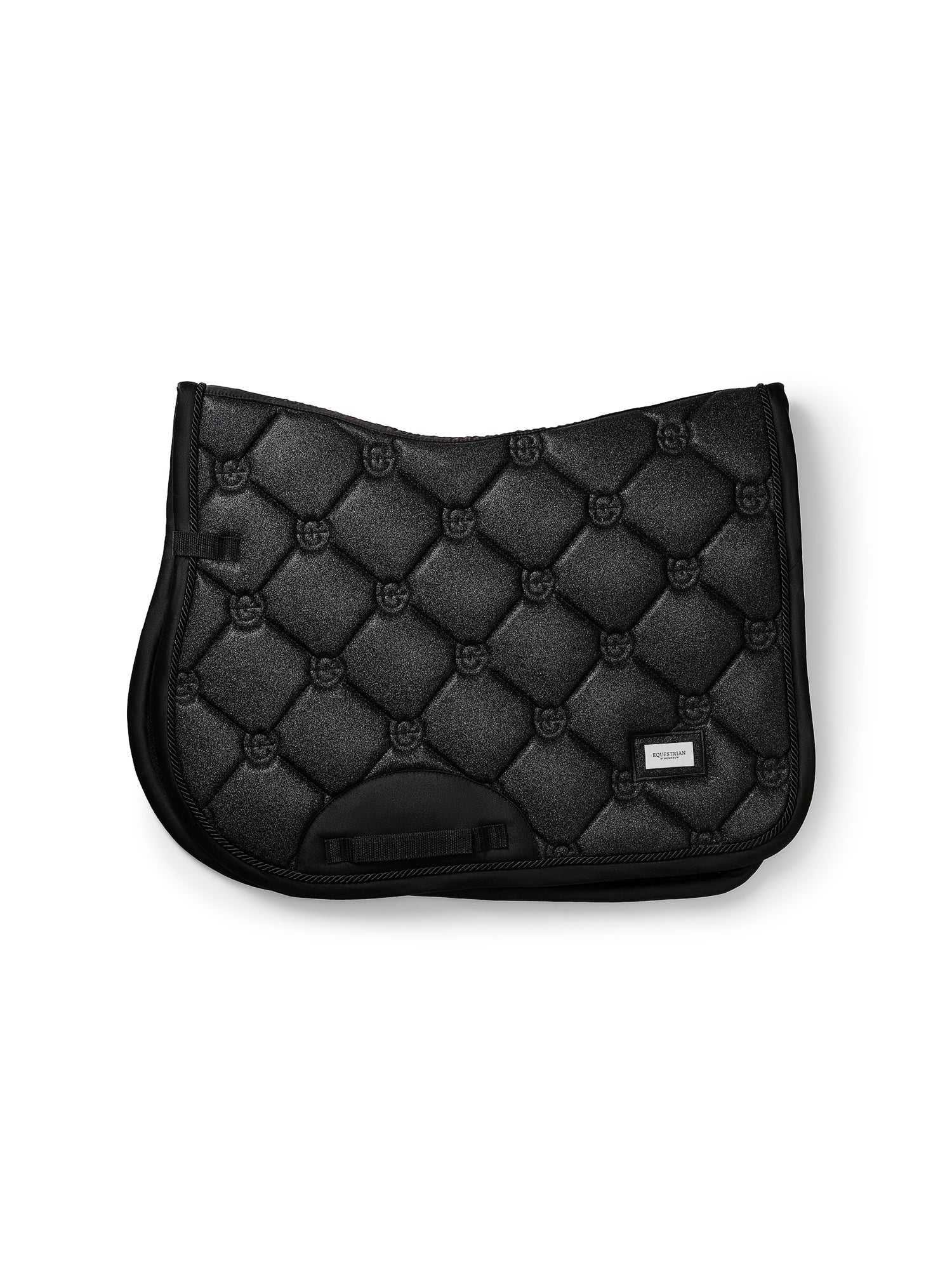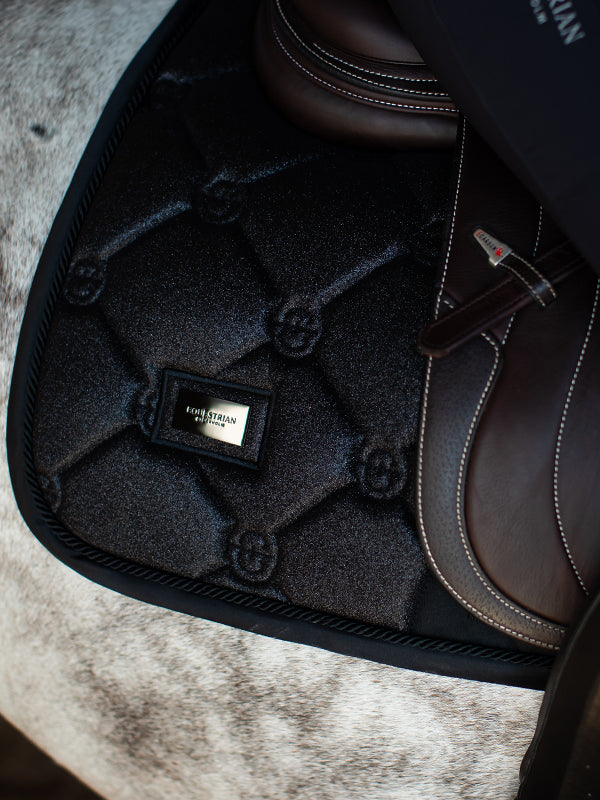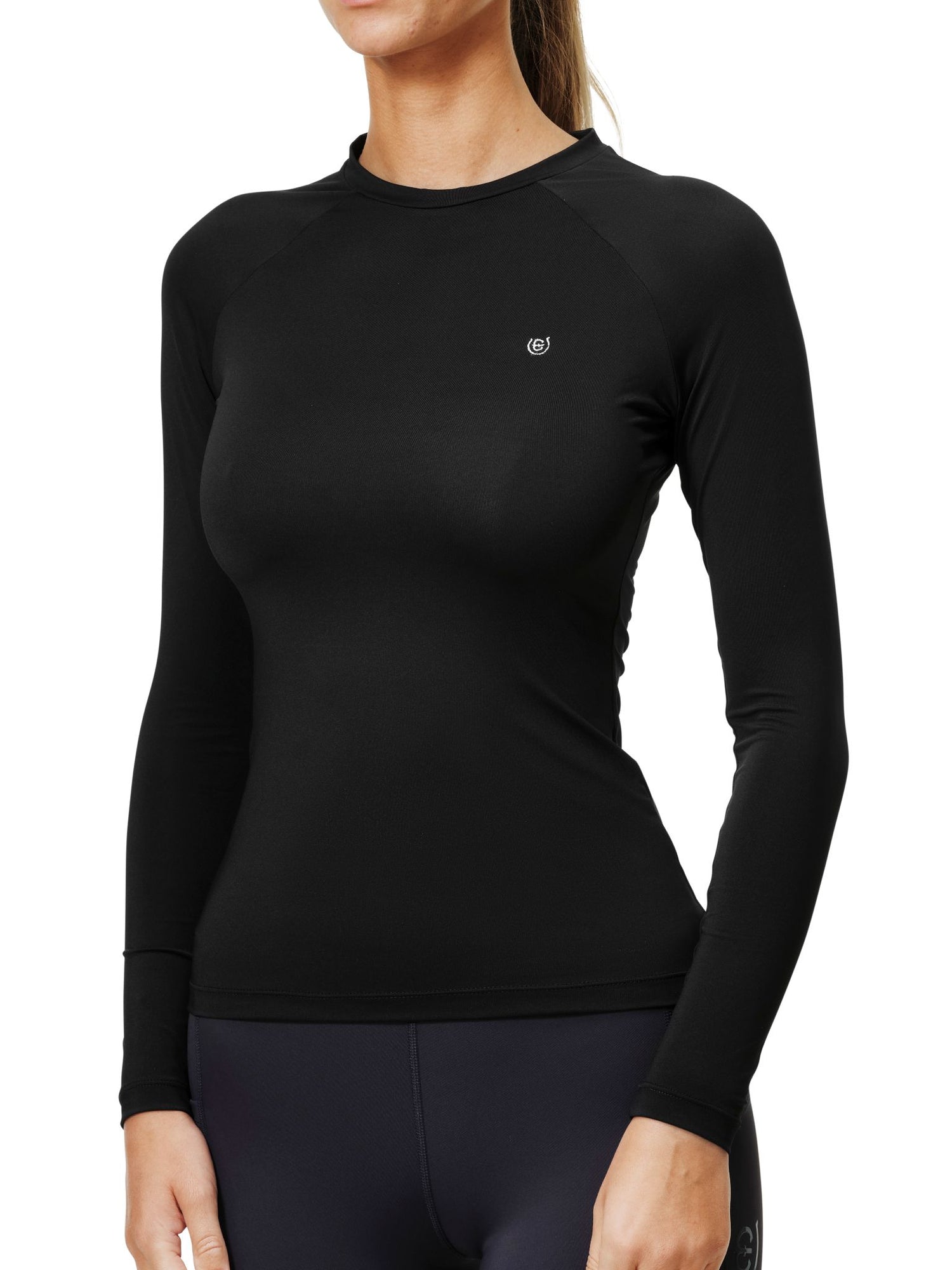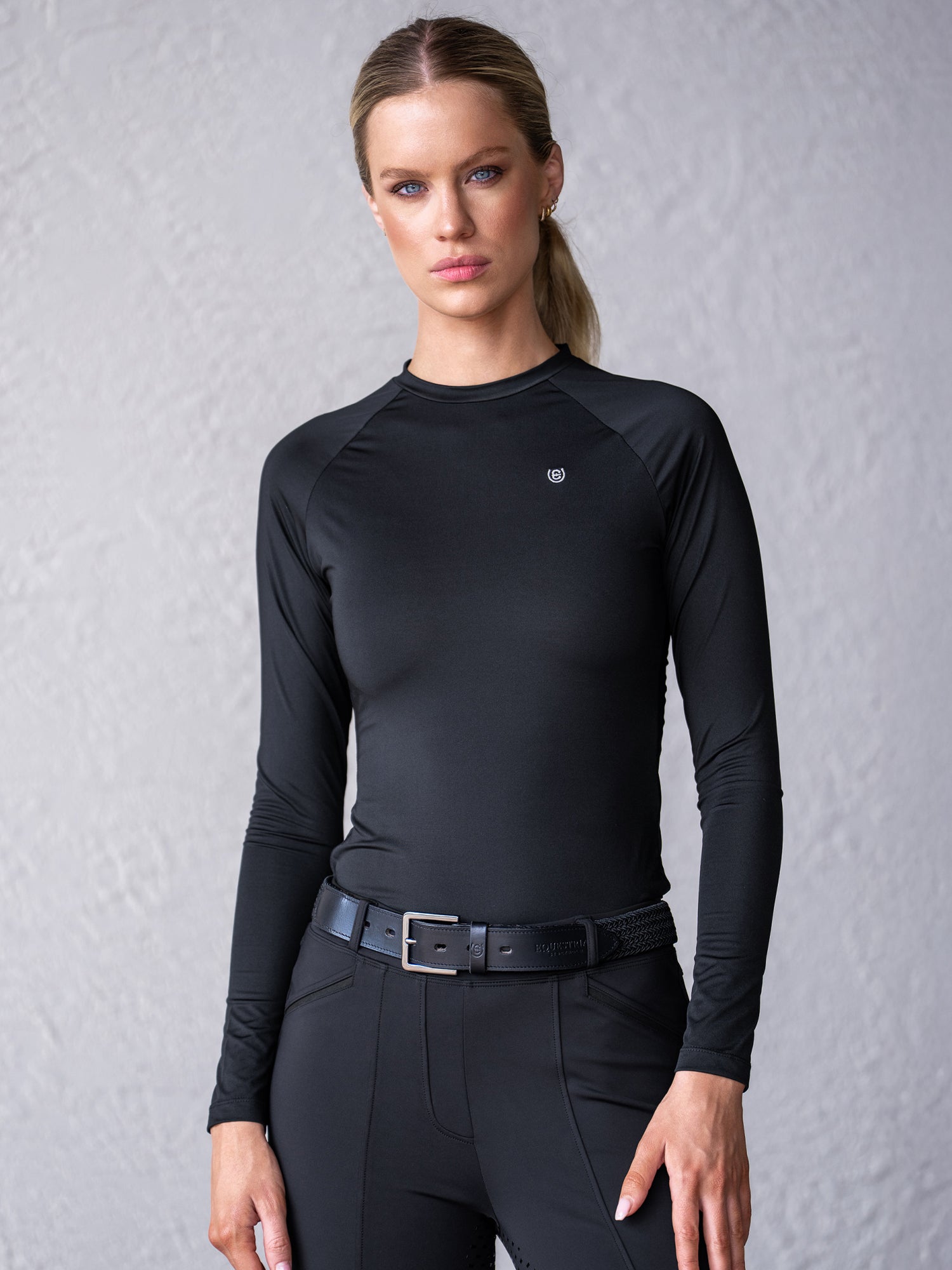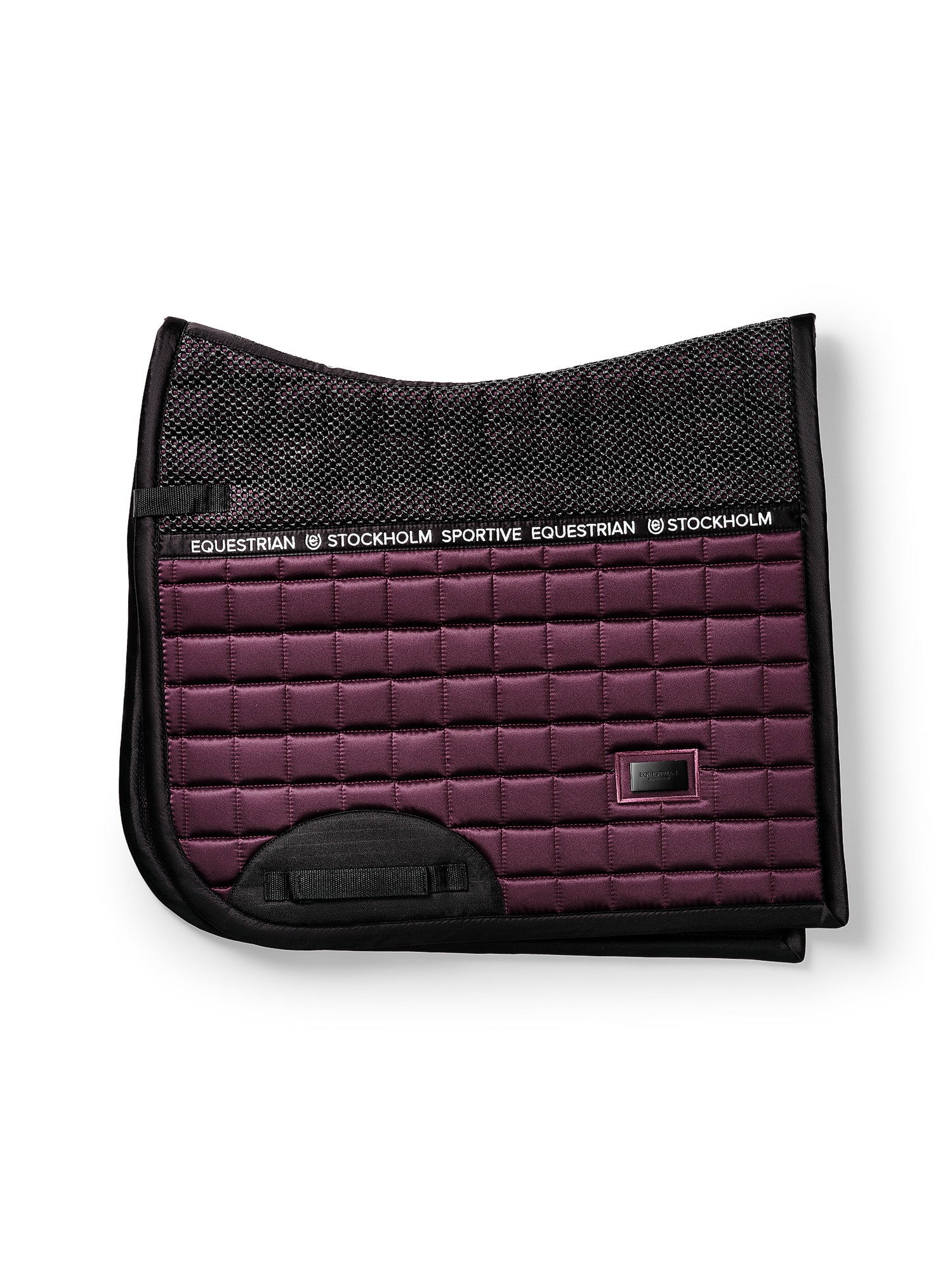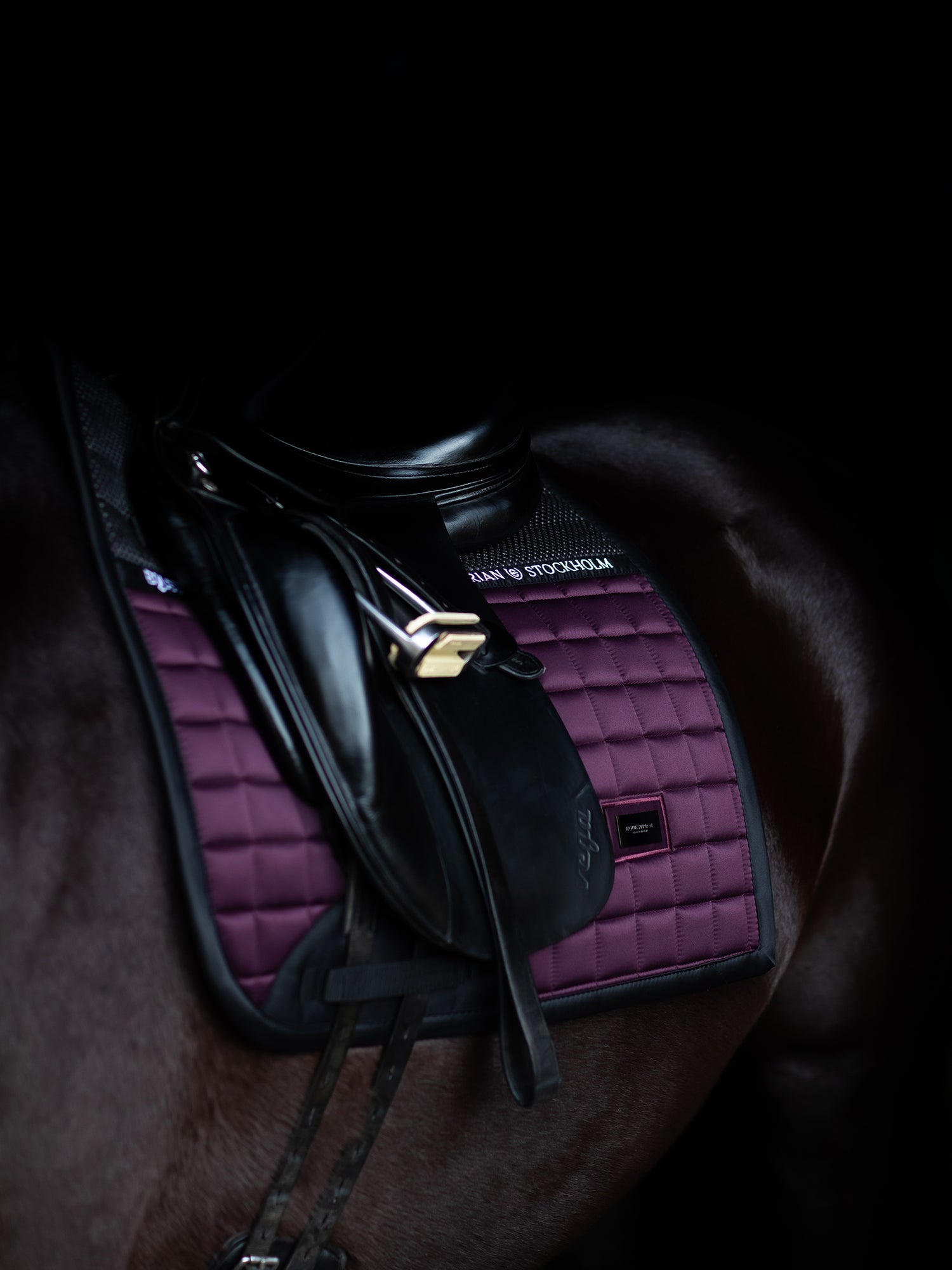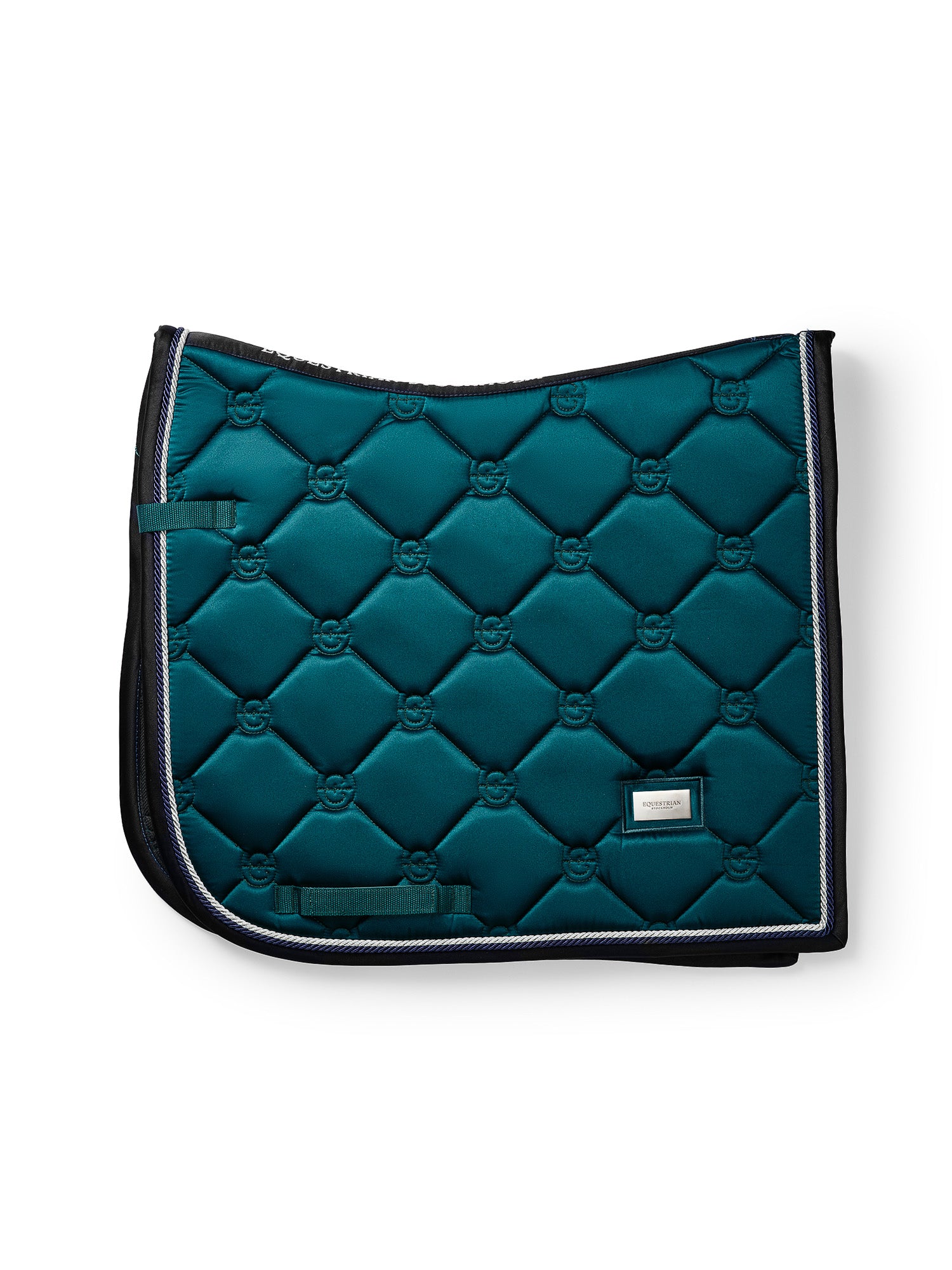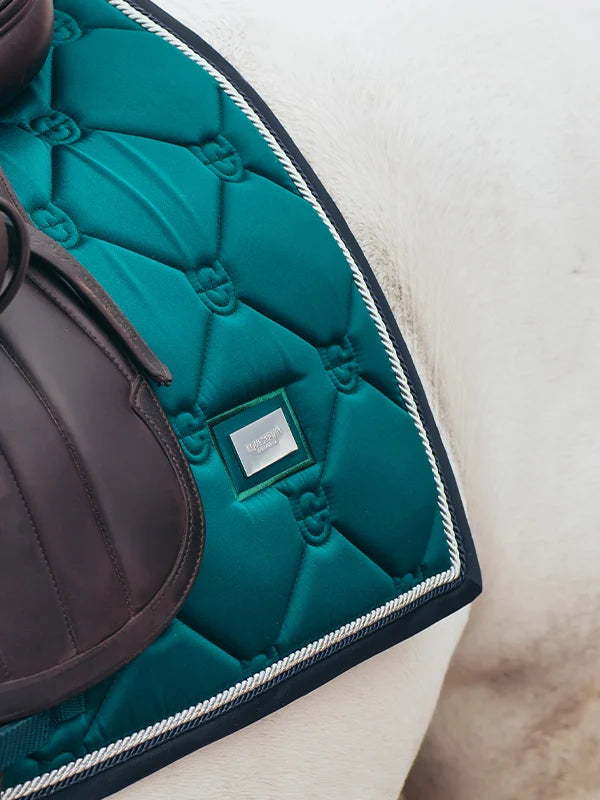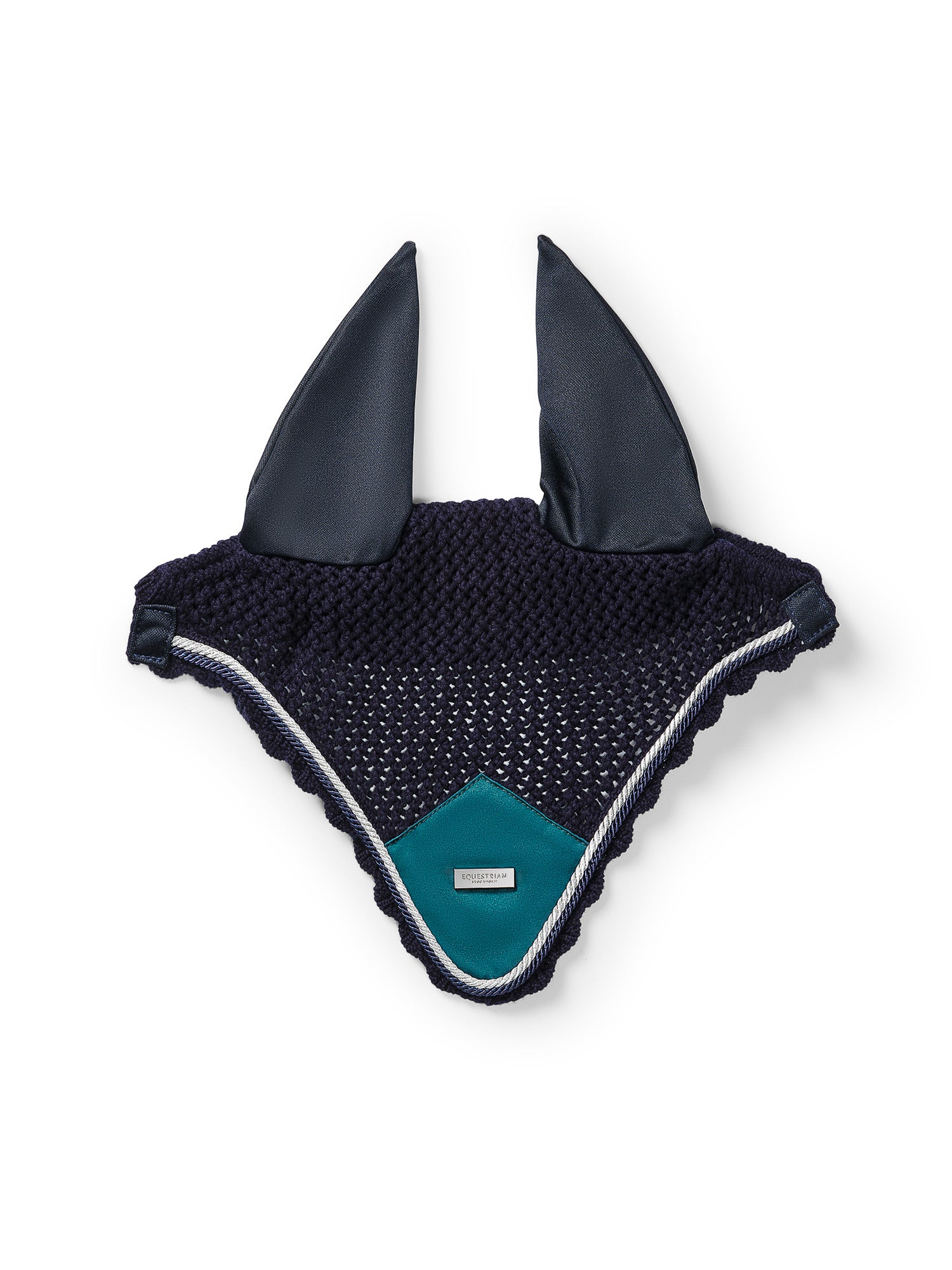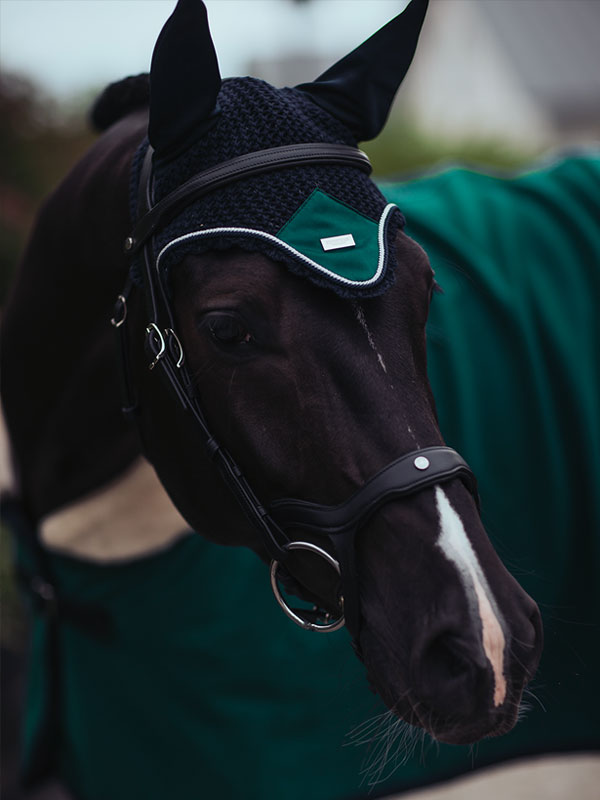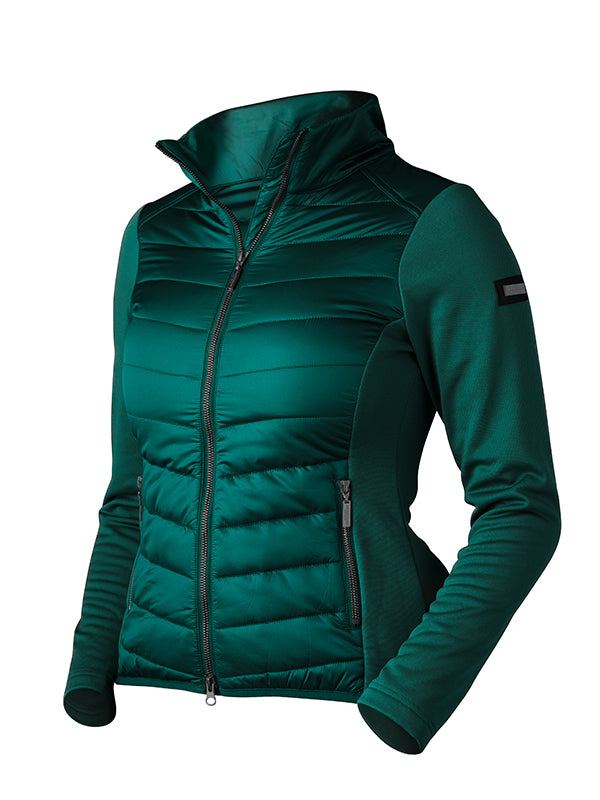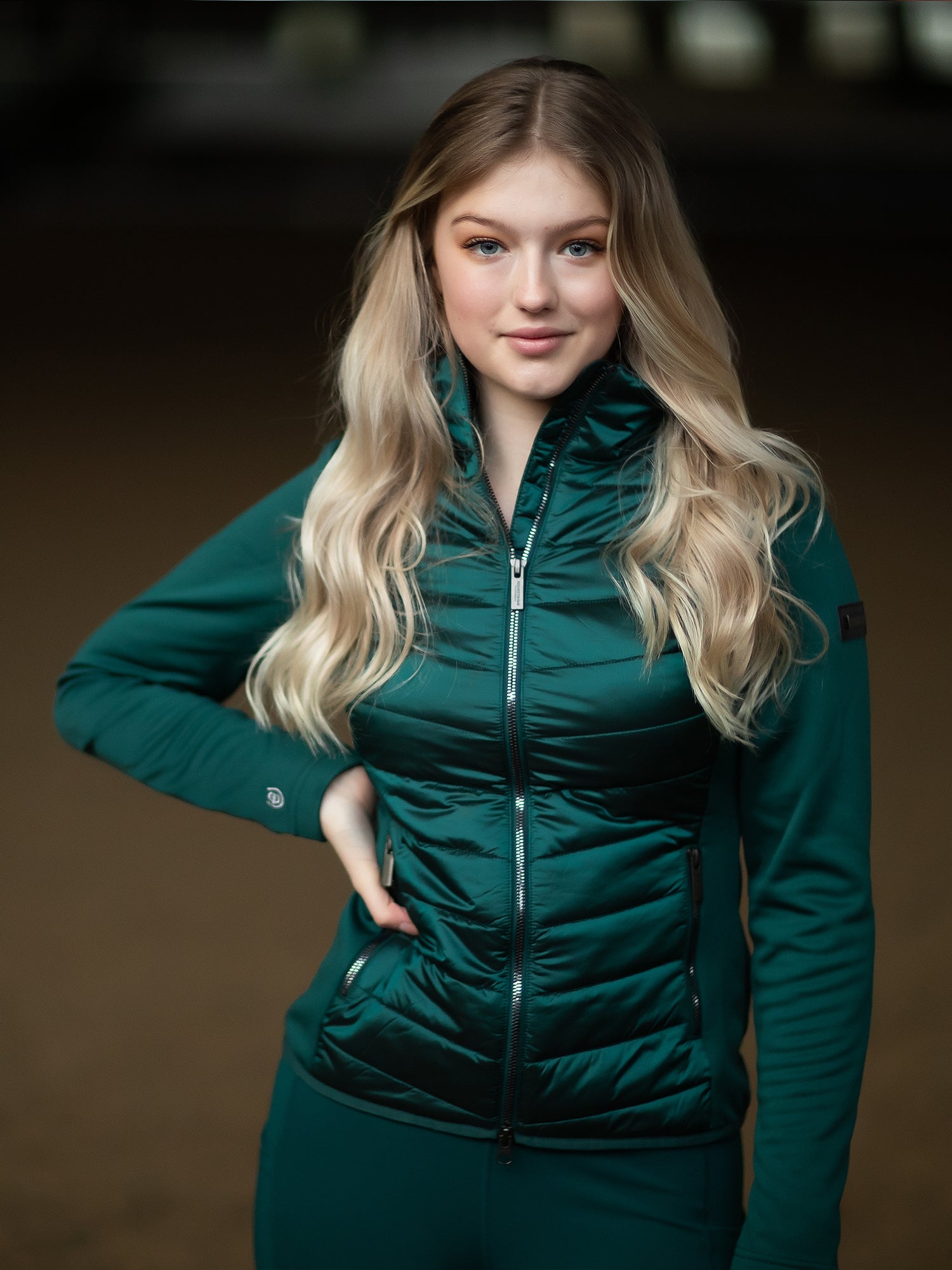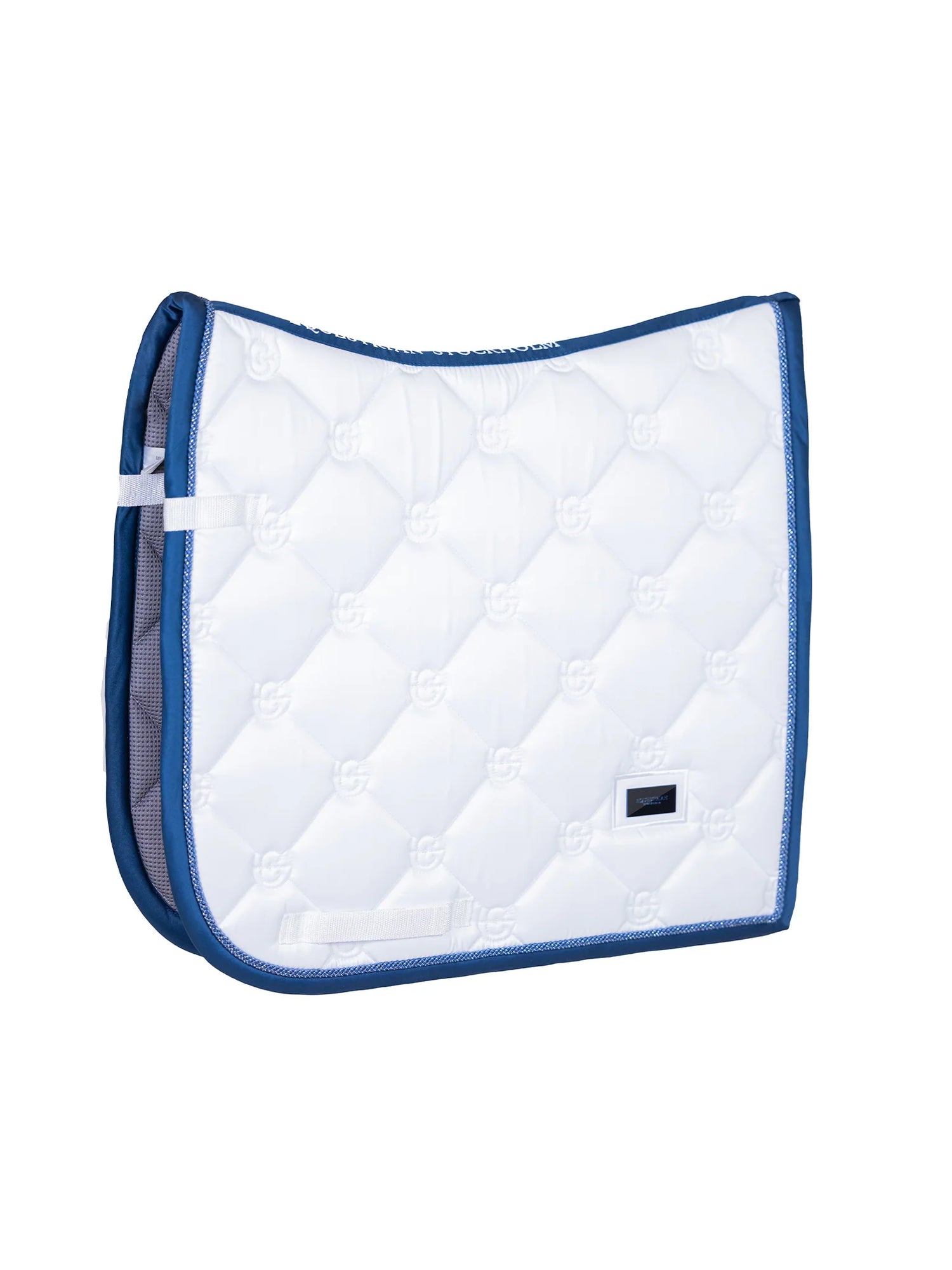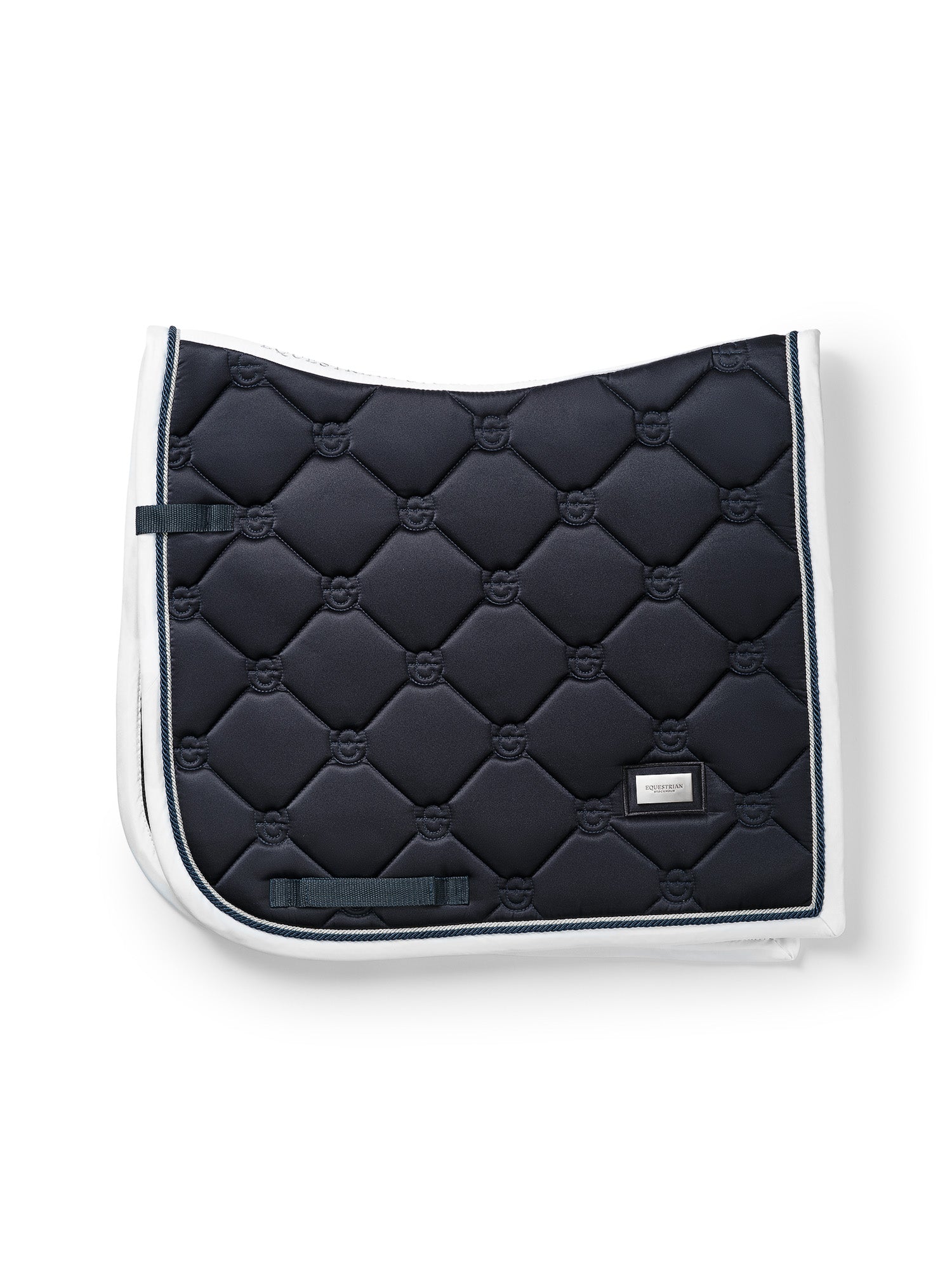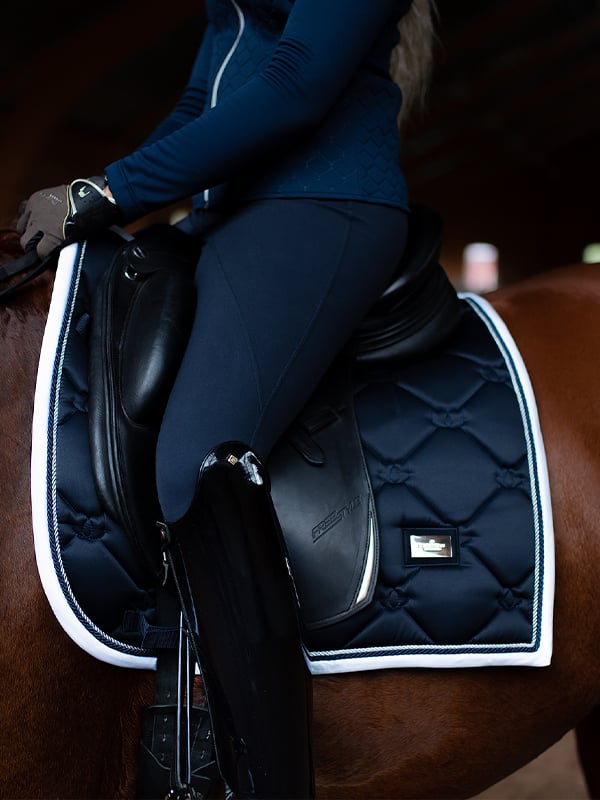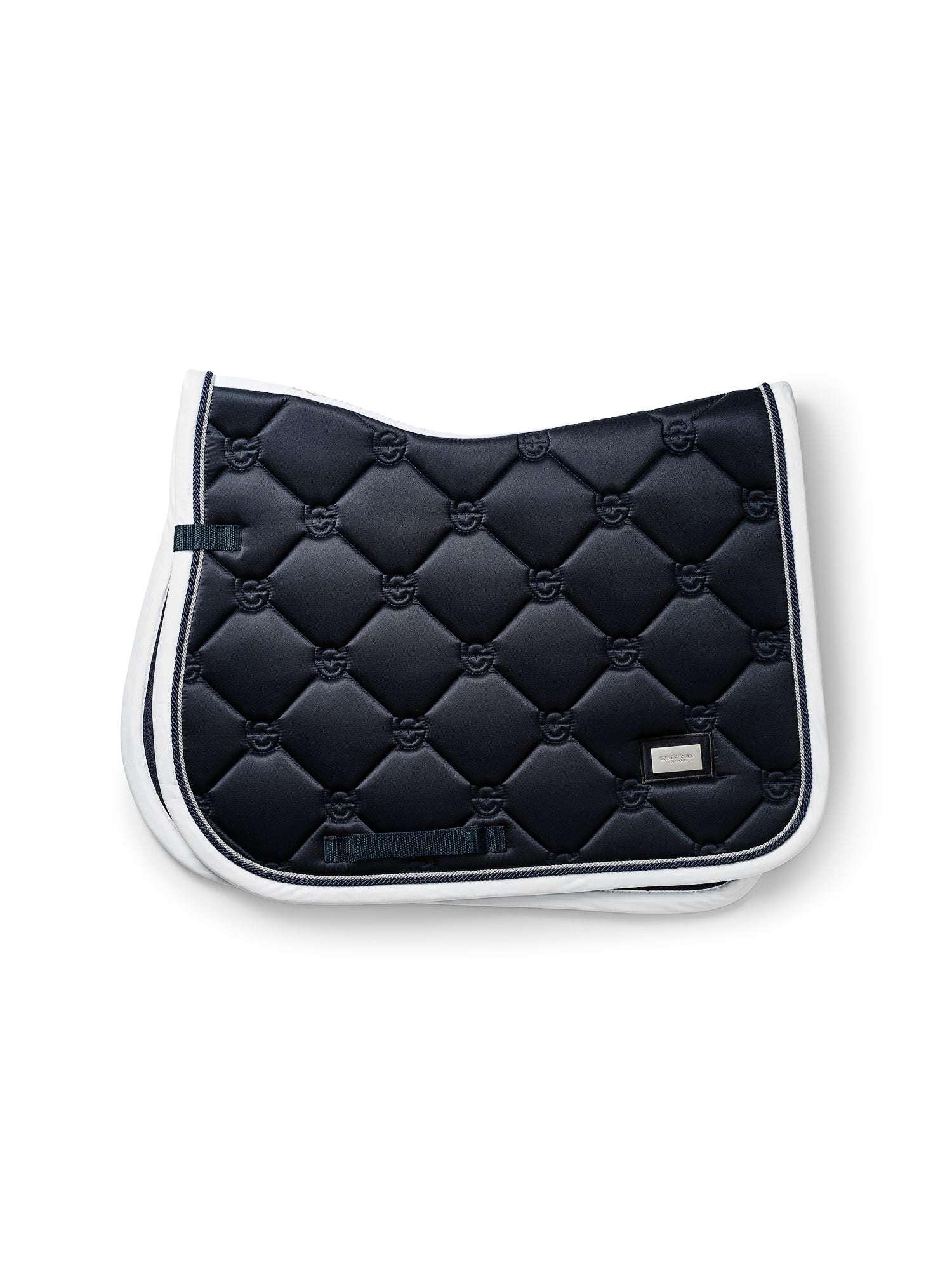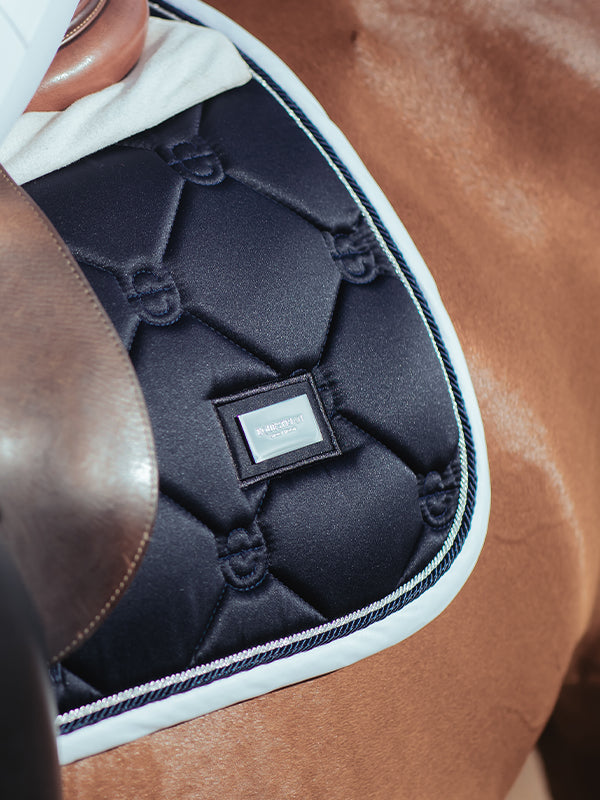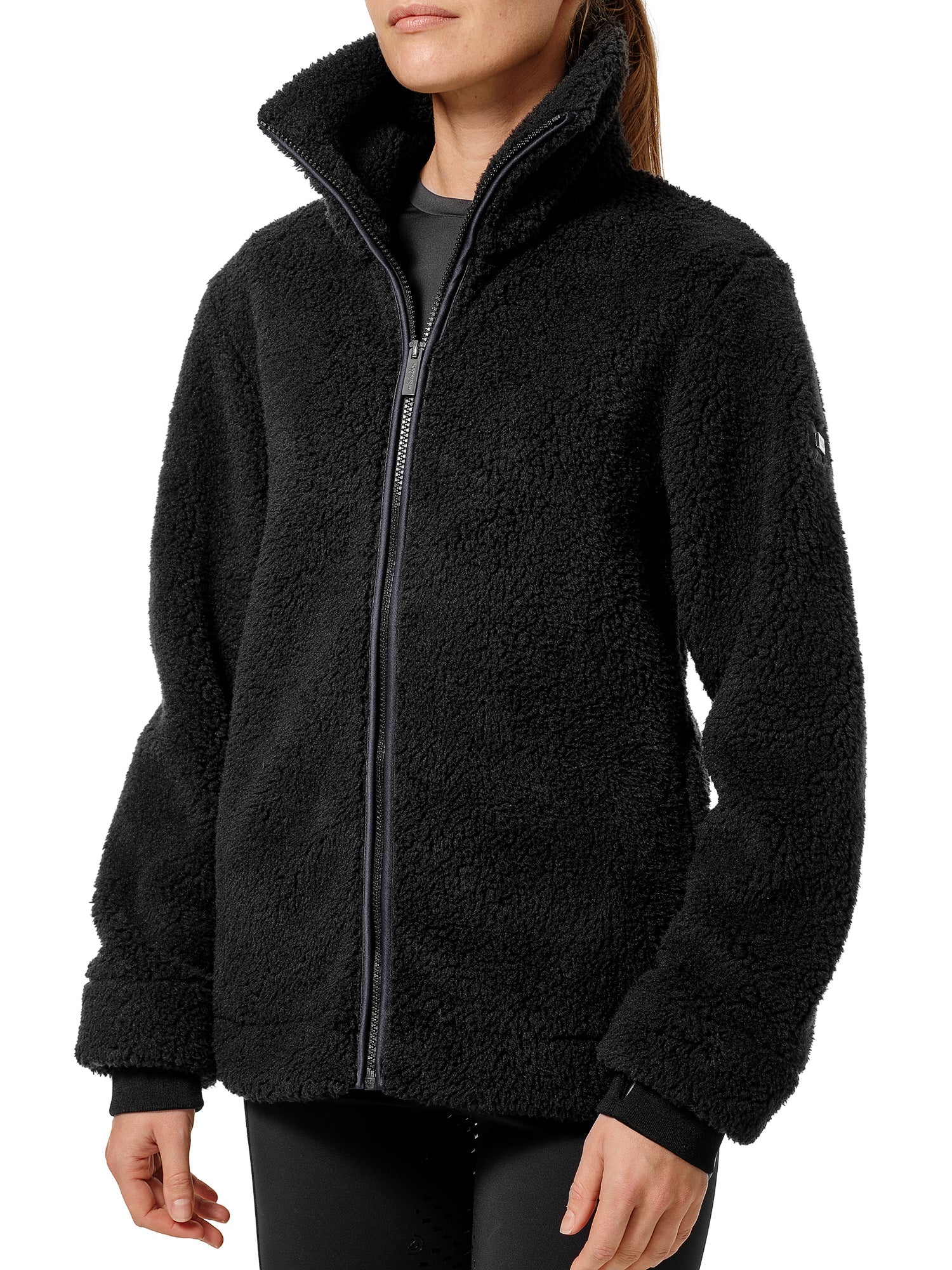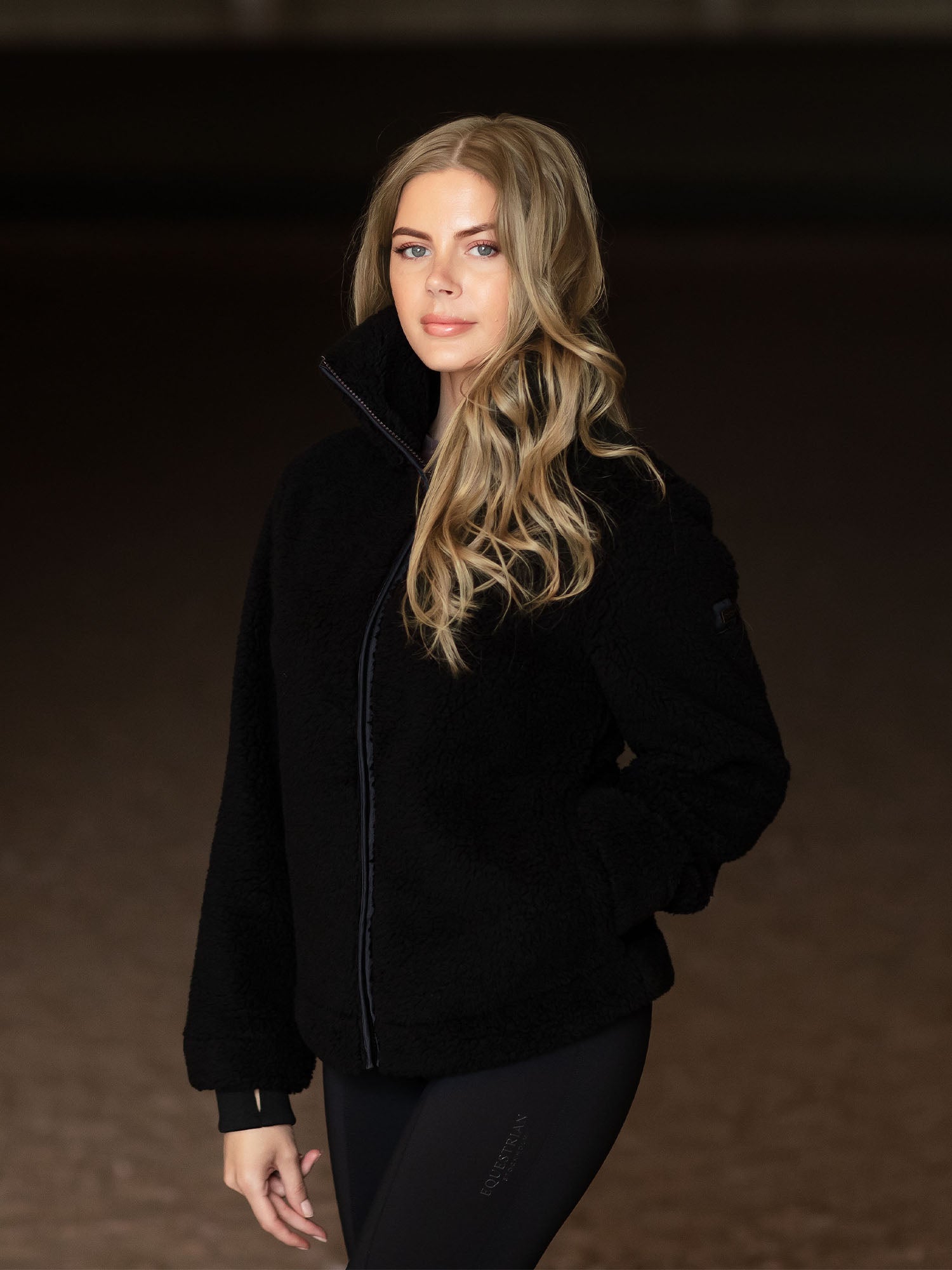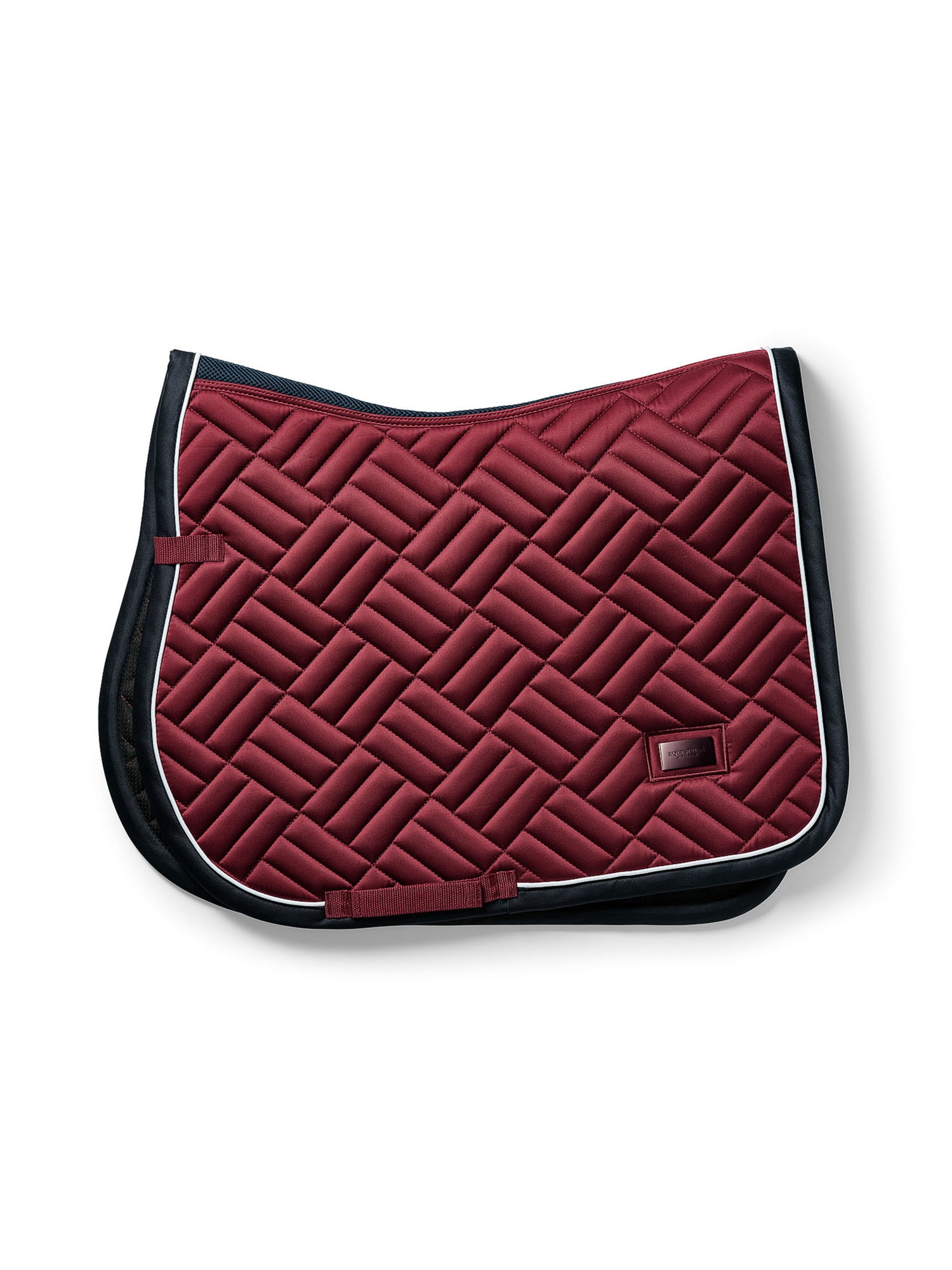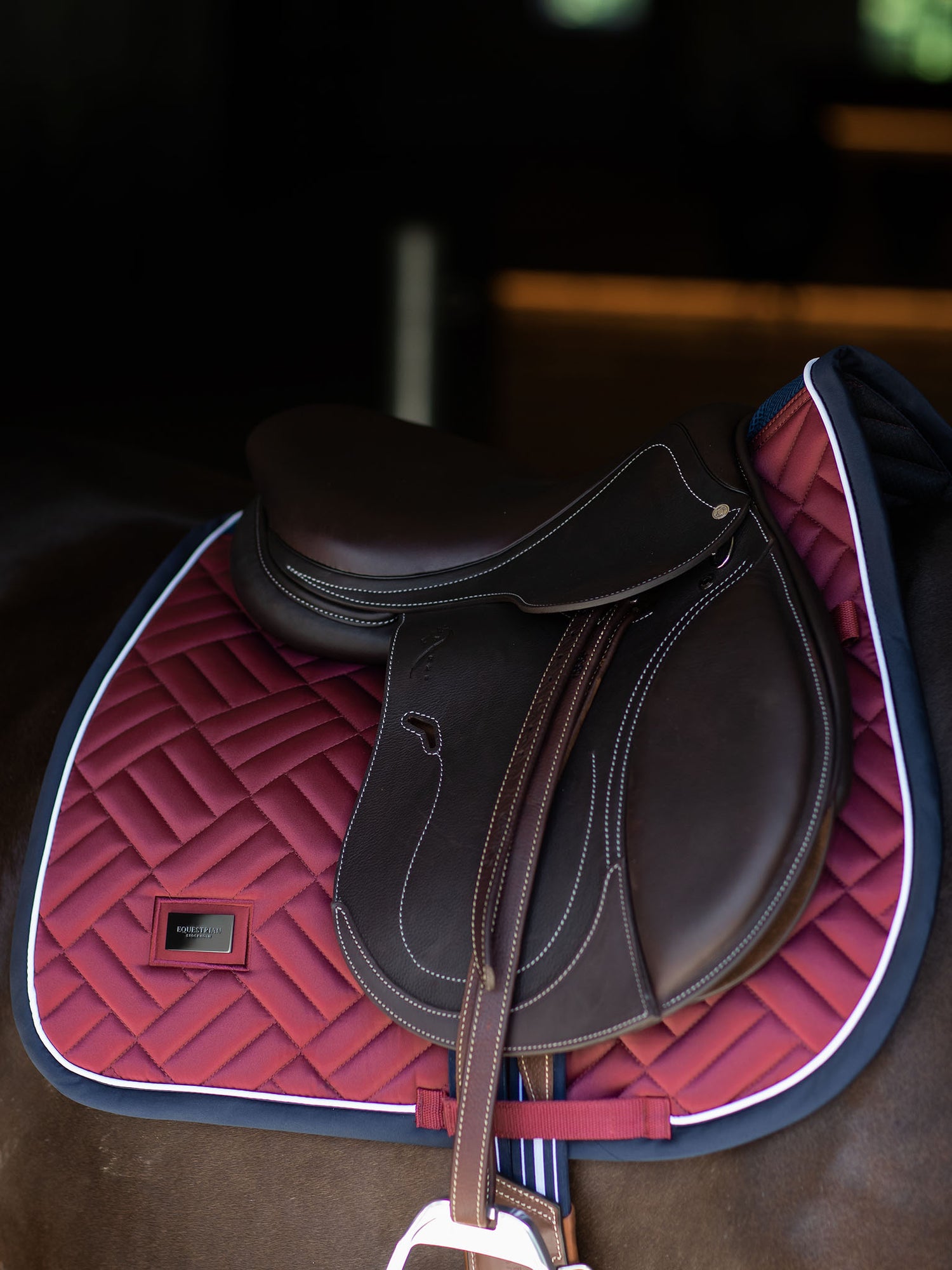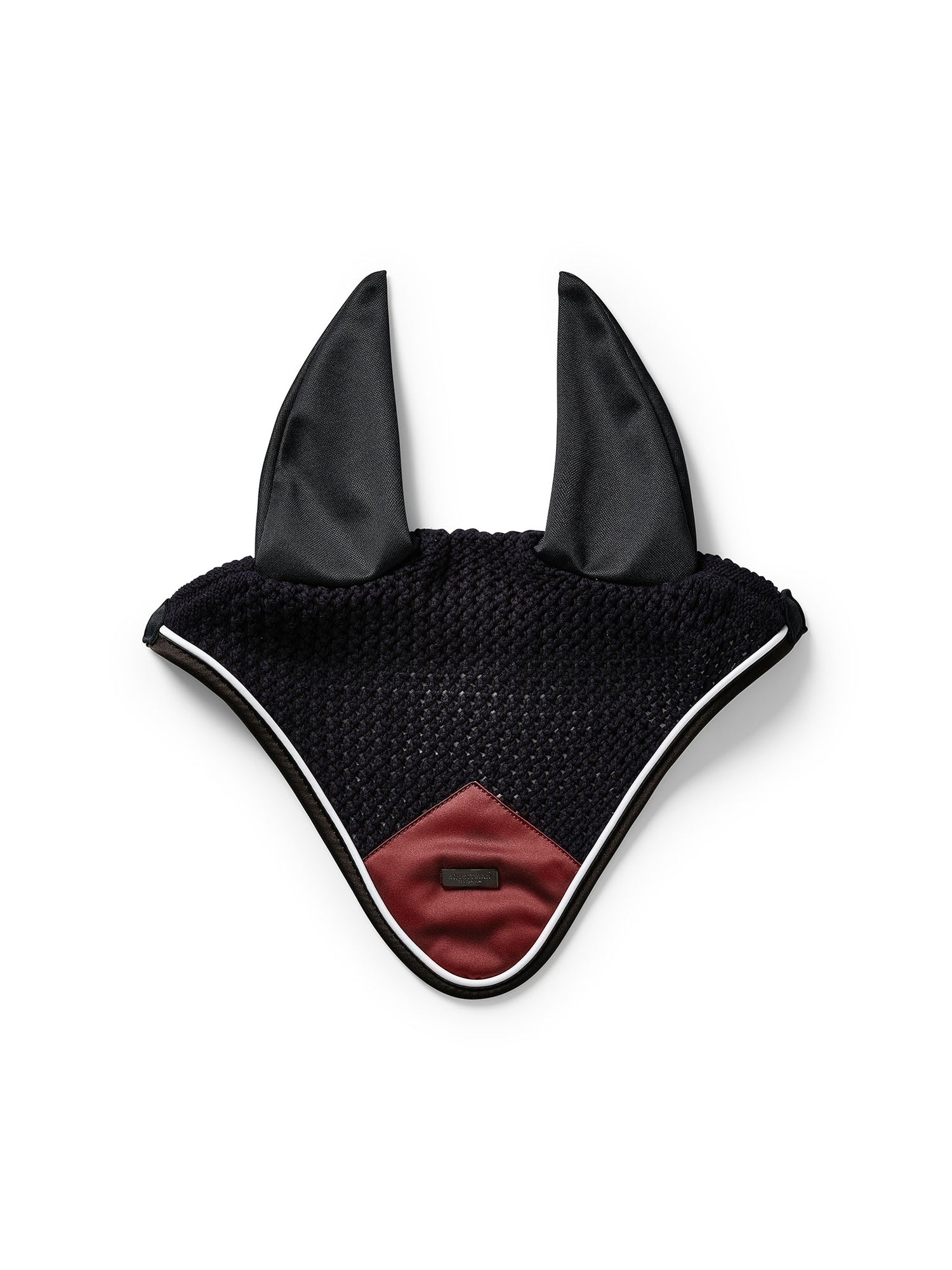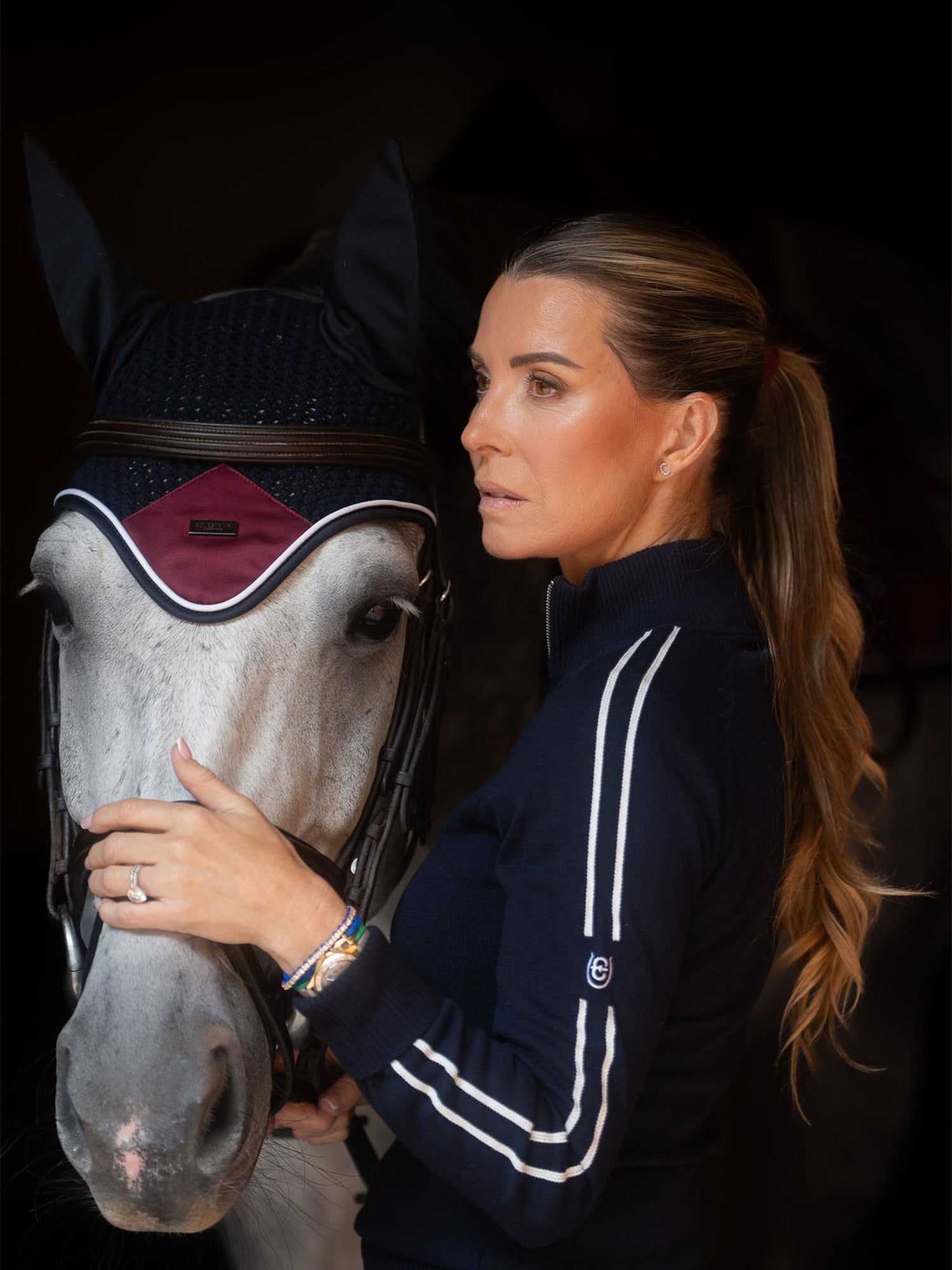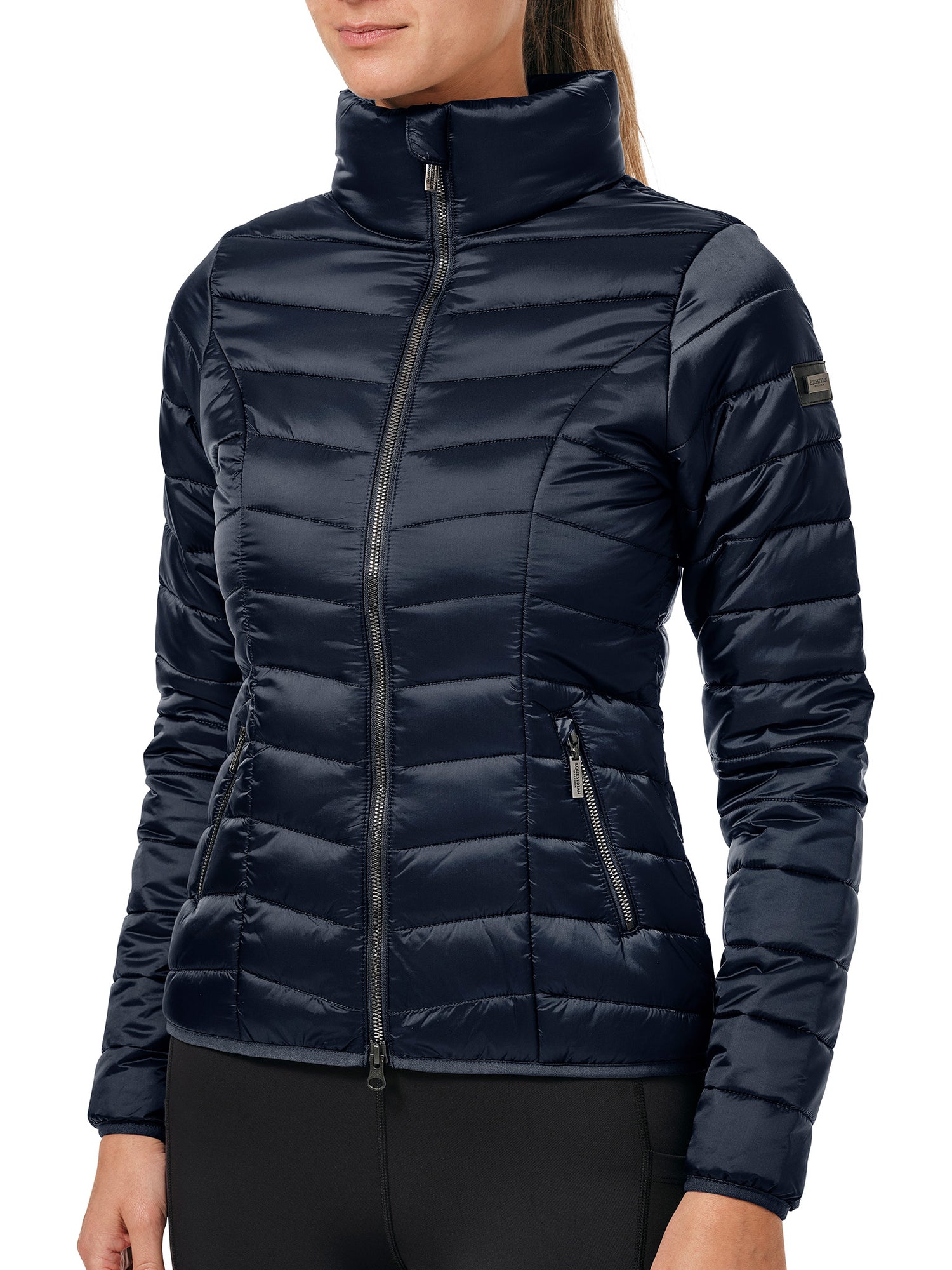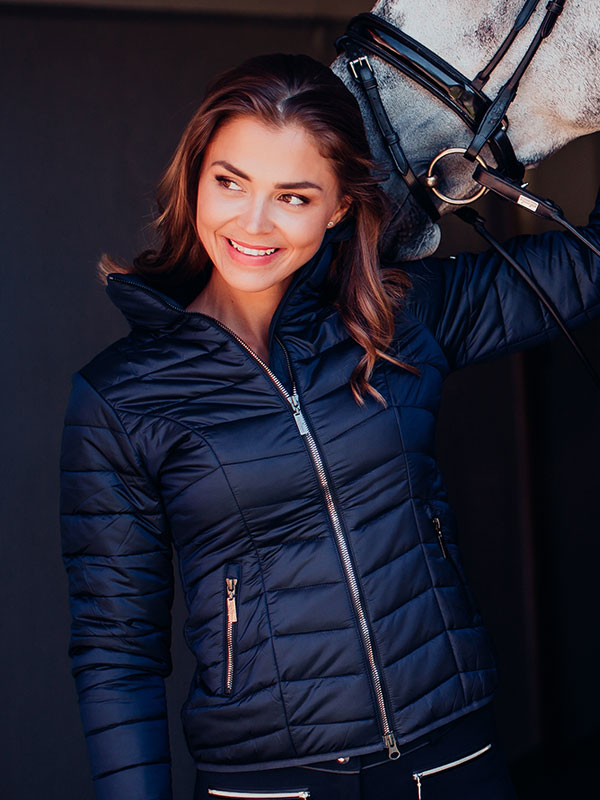
Wat zijn de meest gebruikte termen in het springen?
Hieronder een woordenlijst van essentiële springtermen om ruiters, toeschouwers en paardenliefhebbers te helpen de sport beter te begrijpen:
1. Oxer – Een hindernis bestaande uit twee dicht bij elkaar geplaatste verticale hindernissen, waardoor een breed hindernis ontstaat.
2. Verticaal – Een enkele rechtopstaande hindernis zonder breedte.
3. Combinatie – Twee of meer hindernissen dicht bij elkaar geplaatst die in een specifieke volgorde moeten worden gesprongen.
4. Triple Bar – Een breedtehindernis met drie balken op oplopende hoogte.
5. Sprongen (Striding) – Het aantal paardenstappen tussen twee hindernissen.
6. Rollback-turn – Een scherpe bocht na een sprong die snel naar het volgende hindernis leidt.
7. Gerelateerd afstand (Related Distance) – Een specifiek aantal sprongen dat tussen twee hindernissen wordt verwacht.
8. Joker-hindernis – Een risicovol hindernis, vaak moeilijker, gebruikt in barrages of speedrondes.
9. Gridwerk (Gridwork) – Trainingsopstelling met meerdere hindernissen of balken op rij om ritme en balans te ontwikkelen.
10. Foutloze ronde (Clear Round) – Een ronde zonder fouten of strafpunten.
11. Fout (Fault) – Strafpunten, meestal 4, voor het laten vallen van een balk of weigering van een hindernis.
12. Weigering (Refusal) – Wanneer een paard voor een hindernis stopt in plaats van eroverheen te springen.
13. Run-out – Wanneer een paard zijwaarts uitwijkt en het hindernis vermijdt.
14. Tijdsfout (Time Fault) – Straf voor het overschrijden van de toegestane tijd.
15. Barrageronde (Jump-off) – Een tijdsgebonden beslissingsronde voor ruiters met gelijke scores.
16. Baanwandeling (Course Walk) – De gelegenheid voor de ruiter om de baan te voet te bekijken en strategie te plannen.
17. Grondbalk (Ground Line) – Een balk aan de basis van het hindernis om het paard te helpen de afsprong te beoordelen.
18. Waterhindernis (Liverpole) – Een sprong met water of bak eronder om moed te testen.
19. Aanrijden (Approach) – Het pad en ritme van de ruiter naar het hindernis.
20. Afstand (Distance) – Afstand tot het hindernis, cruciaal voor schone sprongen.
21. Binnenbocht (Inside Turn) – Een scherpe bocht aan de binnenkant van een hindernis om tijd te besparen.
22. Buitenlijn (Outside Line) – Een lijn van hindernissen langs de buitenkant van de piste.
23. Galopsprong (Stride) – Een volledige bewegingscyclus in één paardenstap.
24. Balkwerk (Polework) – Trainingsoefeningen met grondbalken om coördinatie te verbeteren.
25. Paddocklaars (Paddock Boot) – Korte rijlaarzen, vaak gedragen met halfchaps voor training of warming-up.
